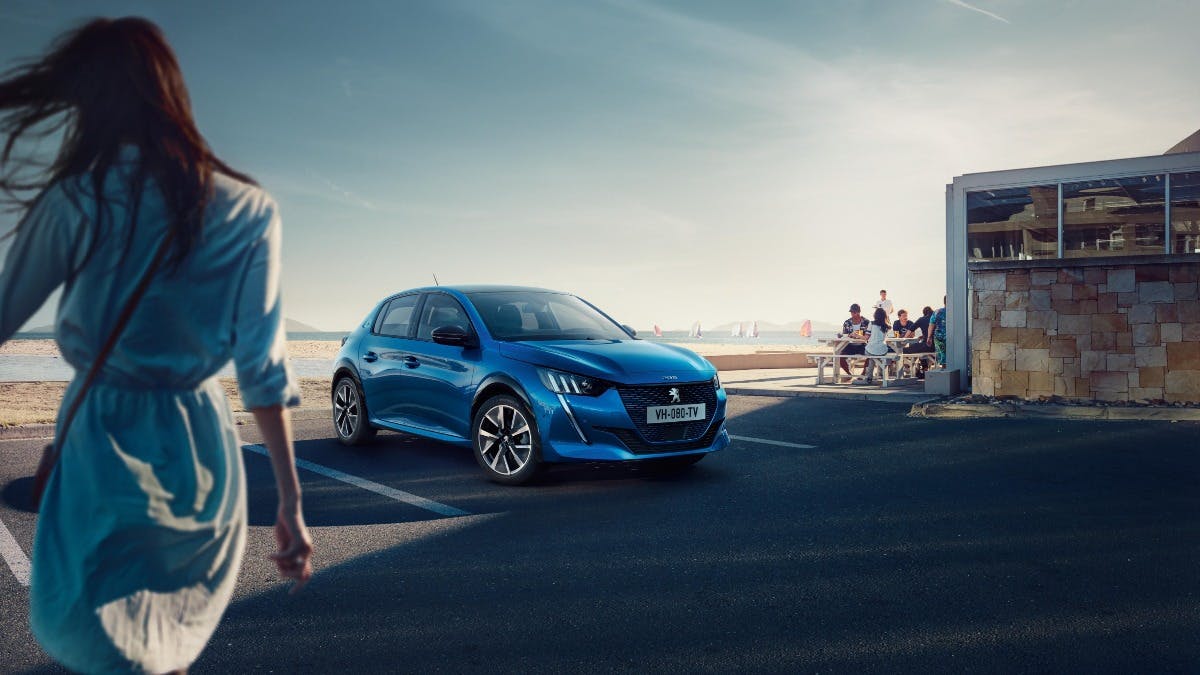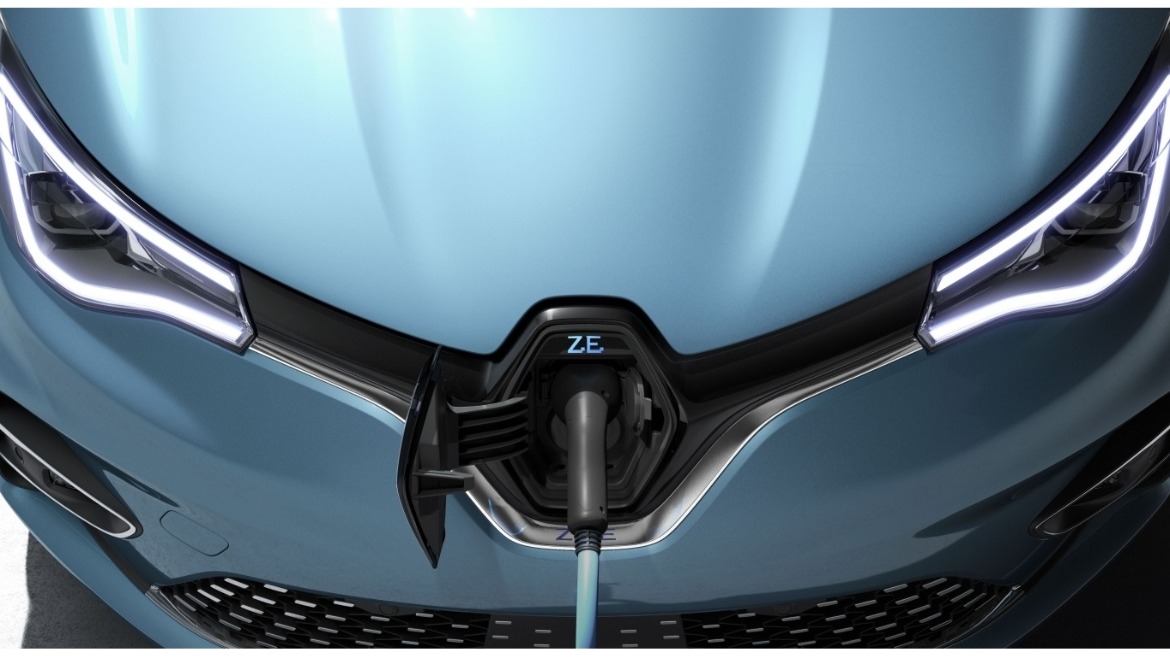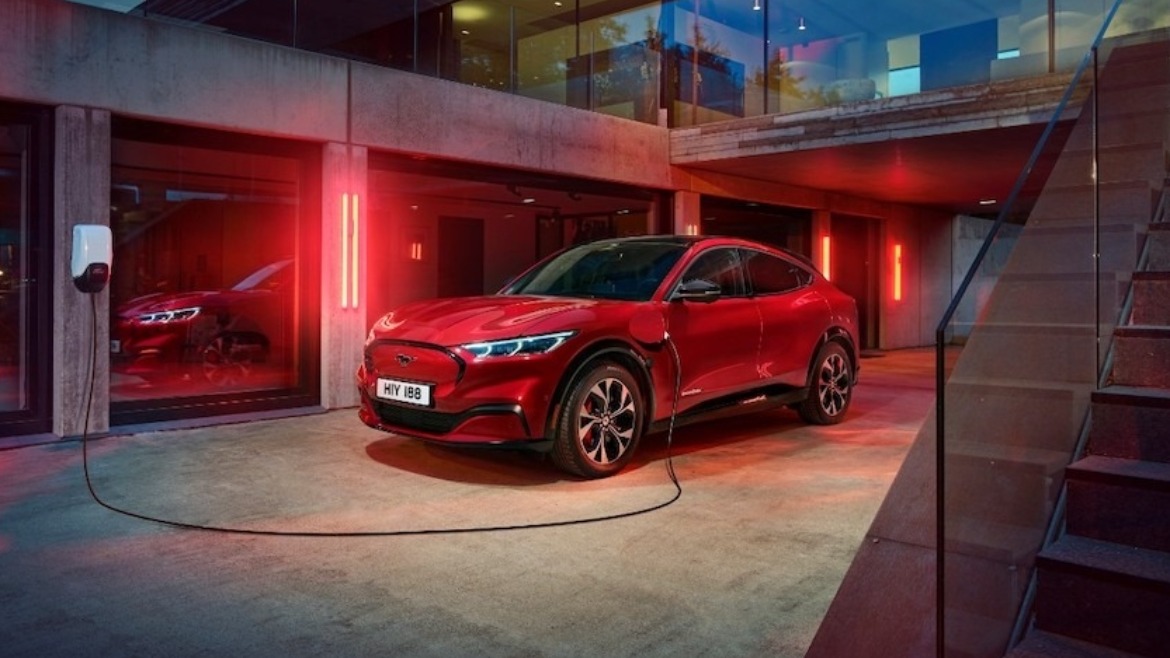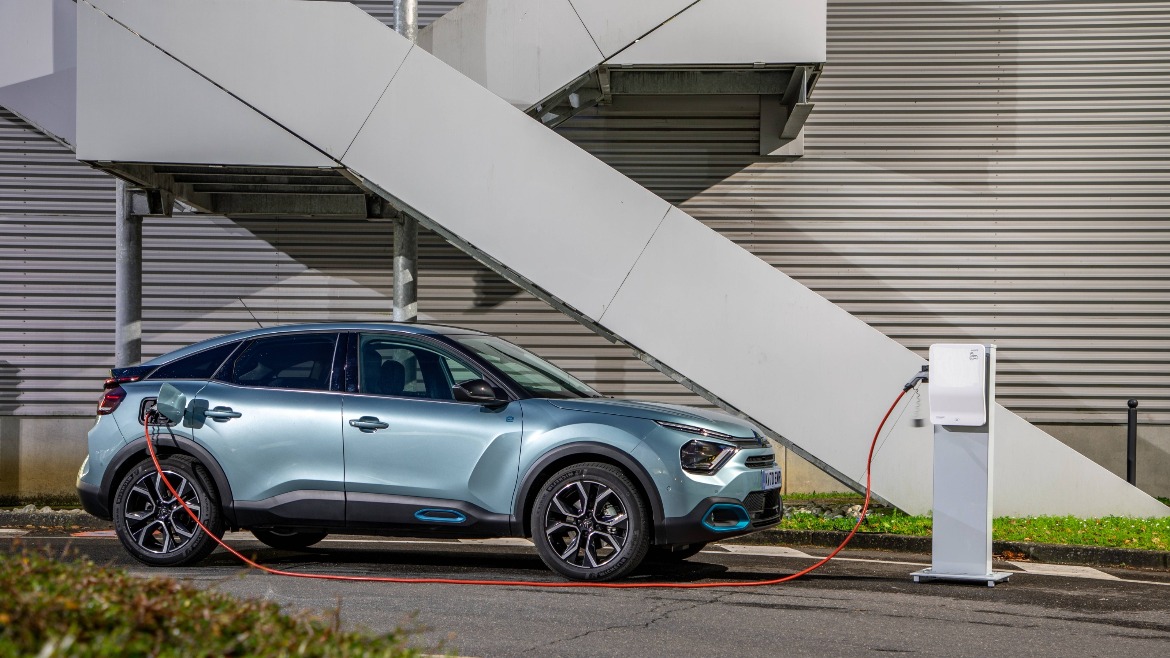Latest electric car grants & incentives 2024

-
Guide to electric car grants in the UK
EVs aren’t just cheaper to run and more eco-friendly, but there are a number of electric car grants and incentives that make owning one even more affordable. There are currently four official grants given by the Office for Zero Emission Vehicles (OZEV), as well as a few other incentives that make running an EV cheaper and easier.
They range from discounts on buying new electric cars to grants for installing wall boxes. Explore all the government electric car grants for the UK in 2024 below, or contact your local Pentagon Group dealership to talk to one of our electric experts.
-
The current UK electric car grants 2024
Explore the full list of grants offered by the OZEV. They’re designed to encourage greater uptake of electric cars across the country.
-
Plug-in Car Grant (PICG) 2024
Update July 2022 - the PiCG is no longer available for cars. Check the table below for eligible vehicle types.
The Plug-in Car Grant (PICG) is an incentive that offers a discount on the price of new low-emission cars which makes it more affordable to go electric.
This grant is one of the easiest to take advantage of as it’s automatically applied to any eligible vehicles! So when you buy a new low-emission vehicle, the price already reflects the Plug-in Car Grant discount.
Learn more in our guide to the Plug-in Grant.
-

-
How much is the Plug-in Car Grant?
PICG varies by vehicle type, but the maximum discount available on a car is up 35% of the car’s RRP, with a cap of £1,500.
-
How does the Plug-in Car Grant (PICG) work?
If a vehicle is eligible for PICG, the discount is automatically applied by the dealership when you buy it. This means you don’t have to apply for anything. You just have to choose a qualifying vehicle.
Cars must meet the following criteria to receive the Plug-in Car Grant:
- Have zero tailpipe CO2 emissions
- Travel up at least 70 miles with no emissions
- Cost less than £32,000 RRP
Explore the table below for the full list of vehicle categories eligible for PICG and the discount available.
Vehicle type
Grant amount
Cars (under £32k)
35% of value, £1,500 max.
Wheelchair accessible vehicles (under £35k)
35% of value, £2,500 max.
Motorcycles (under £10k)
35% of value, £500 max.
Mopeds (under £10k)
35% of value, £150 max.
Small vans
35% of value, £2,500 max.
Large vans
35% of value, £5,000 max.
Taxis
20% of value, £7,500 max.
Small trucks
20% of value, £16k max.
Large trucks
20% of value, £25k max.
-
PICG grant changes
Back in late 2021, the government made some changes to how the Plug-in Car Grant works.
New car buyers could previously get a £2,500 discount on a new car with PICG, but now the cap has been reduced to £1,500. Also, the max. RRP of eligible vehicles was reduced from £35,00 to £32,000.
Whilst this does mean there are fewer eligible cars and you get less money off, it allows the PICG to go further. Electric car uptake has seen a massive increase since 2020, so the OZEV altered the grant to make sure more people could benefit from it.
-
Electric Vehicle Homecharge Scheme (EVHS) 2024
The OZEV provides a grant for people who are looking to install a wall box at their property. This is called the Electric Vehicle Homecharge Scheme (EVHS). The government gives you a 75% (up to £350) contribution to the cost of wall box installation.
Homeowners who live in flats and anyone in rental accommodation, including flats and single-use properties (houses etc.), can claim the EVHS.
-

-
How does the Electric Vehicle Homecharge Scheme work?
First, you need to have an eligible vehicle. You must be able to prove that you are one of the following:
- The registered keeper of a new or second-hand electric vehicle
- The driver of an electric company car for at least 6 months
- The driver of a privately leased electric car for at least 6 months
- The driver of an electric vehicle leased through salary sacrifice
- The named driver of an electric company car for at least 6 months
- Someone who has ordered an eligible EV
Next, you need to be in an eligible living situation. These requirements are:
- You need dedicated off-street parking
- You can only apply for existing properties, no new builds
- You must be a resident of the property
- You must have full permission (from the freeholder, building management, letting agents etc.)
-
How to claim Electric Vehicle Homecharge Scheme (EVHS)
Much like the PICG, the Electric Vehicle Homecharge Scheme is easy to claim.
First, you need to contact an EVHS-approved installer. They will apply for EVHS on your behalf but will need certain info from you to do so.
If everything checks out, the installer will start the work. The grant is then used by the installer to offset the installation cost with the reduced amount invoiced to the customer. You end up with a wall box for charging your electric car battery at home!
-
Changes to Electric Vehicle Homecharge Scheme (EVHS)
As of April 2022, the Electric Vehicle Homecharge Scheme is no longer open to homeowners in houses and bungalows (or ‘single-unit properties’.)
So before 30th April 2022, most people were eligible. But that new change means that now only people who live in flats (owners and renters) and people who rent single-unit properties (houses etc.) are eligible.
The government claims that this tightening of eligibility criteria is to make the funding spread further so it can be used where it’s needed most: densely populated urban areas.
-
Workplace Charging Scheme (WCS) 2024
The Workplace Charging Scheme is for businesses looking to install chargers at their premises. Not everyone can have a wall box installed at home, so this is a great scheme that gives employees constant, convenient access to a charge point at their place of work.
The government covers 75% of the cost of installation, up to £350, per charging point installed. It’s a voucher-based system with a limit of 40 across all sites.
-

-
How does the Workplace Charging Scheme work?
First, you have to be an eligible business. This means you need to have a Companies House reference number to be able to apply. You also need to be the owner of the land or have permission from the landlord.
You apply for the Workplace Charging Scheme through the government’s site, and if successful you’ll receive a voucher code.
This code is then given to an approved charge point installer, who will use the voucher to claim back the money through the government. You will get the invoice once your installer has received the discount from OZEV.
-
On-street Residential Chargepoint Scheme (ORCS) 2024
The On-street Residential Chargepoint Scheme (ORCS) is a way for local authorities to get funding from the government to install on-street electric car chargers in residential areas.
This is aimed at making EV ownership easier for people who don’t have off-street parking. This scheme is run by the Energy Saving Trust for the government, and it’s first-come-first-served so get in touch with your local council to learn more about their plans.
Only the local authority can apply, so this one may take longer than the other grants. But once it goes through, it makes life easier for you and everyone in the local area.
There are criteria to meet too, including whether your street has the minimum specifications for the charging infrastructure.
-
Other exemptions & incentives
On top of all these government incentives, there are plenty of other ways that you save money by going electric.
-
EV road tax
Currently, fully electric cars don’t pay road tax. And some hybrids pay a reduced rate too. Explore our guide for more information on EV road tax.
-
Congestion charges
EVs and some PHEVs are also exempt from certain congestion charges and low emission zones.
-
Free parking & charging
Some car parks and town centres offer free parking for electric cars. And you’ll even find fully free charging points in places like supermarkets, retail centres and more.
-
Get in touch
Need a hand with any of these government incentives? Get in touch with Pentagon for all things electric. Our friendly experts can answer questions about ownership and charging and guide you through your options.

